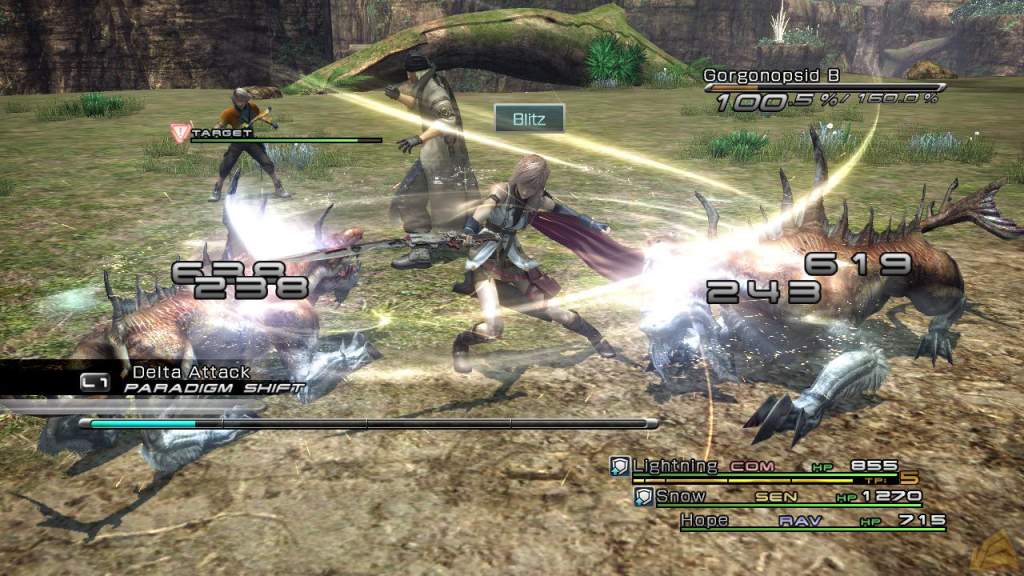9 [g]Do not lie to one another, since you laid aside the old [h]self with its evil practices, 10 and have put on the new self who is being [i]renewed to a true knowledge according to the image of the One who created him— 11 a renewal in which there is no distinction between Greek and Jew, circumcised and uncircumcised,[j]barbarian, Scythian, slave and freeman, but Christ is all, and in all.
Colossians 3
(Note: I realize the irony of making an essay about progress into multiple parts, which is making me giggle).
It’s interesting to observe how most video games seem obsessed, in some facet, with the idea of progress.
I suppose playing a lot of shmups will show you how that very concept, unspoken, continues to motivate people who play video games. In the simplest kinds of games, what became representative of that forward movement in fostered talent and skill became known as “score”. When playing shmups, you either die or get a great score; both exist as tangible measures to compare yourself to your past self, as well as others. Most of these games, from my play, seem to encourage playing through the game on 1CC – the “one-credit clear”. Those with the greatest skill to survive and optimize their scoring run (using whatever arcane system of arbitrary rules the game imposes) usually end up with a huge end-of-game bonus for their trouble. It separates the men from the boys, so to speak, and striving for higher scores gives you markers on the way to victory.

While the form changed since those early days (or, more accurately, changed from genre to genre), video game still use systems to track progress in nearly every game. Death and knock outs (think fighting games) remains a common element of progress, but score tends not to motivate players as much as it did in the early days. Rather, some desire the emotional pay off derived from story elements, Gamers play for hours and hours to unlock the next cutscene or the next story sequence after a difficult dungeon in a role-playing game. The narrative, in effect, turns into its own reward and a measure of progress. Surprisingly enough, the beginning and end of stories turn out to track progress much in the same way as score; while you lose the competitive element, plenty of games exist for that (think any first person shooter released in the past two decades). Even walking simulators and the like tantalize you with forward progress, and the desire to unlock the next segment of the story/exploration becomes your temporary goal.
That said, even story-based game often contain separate, sometimes intertwined progression system for, you know, the actual game playing parts. In RPGs, this emerges in the form of an arbitrary, complicated combat system with tons of numbers flying around everywhere. Piece of Gear X is fundamentally better than Piece of Gear Y when you make it to the next town, as Dragon Quest/Warrior taught just about everybody, and that system hasn’t changed all that much since the earliest (even earlier than DQ) days. The numbers, in contrast to the earliest score attack-focused games, remain static; all you need in most cases is time to grind out bigger numbers so the numbers get even bigger! Obviously, that’s a generalization, but once health and attack scores start jumping into the millions, things get a little wacky (I’m looking at you, Tri-ace). That said, combat does not always show you the numbers; for immersion purposes, many modern games hide all these systems under layers of aesthetics so you feel it’s more realistic (not that it is, but still).

Simply put, most video games like to tell you how far you got, or give you a measurement of success via some means. Even a “bad” ending is a good one, in a sense, because it does mean you finished the darn thing. At the same time, there’s really never any way to finish every game you want to play. Some games just don’t appeal to us as much as others, and thus we look for games we want to complete (depends on your goals when we say “complete”). In video games, we hold the ability to choose which challenges to overcome, and which ones we want to enjoy heartily or masochistically suffer to attain.
Video games play on our impulse to see a clear set of goals, wants, and needs. We subject ourselves to them because they are “fun”, which is a shorthand way of saying “they feel nice and set me towards a goal which I heartily accept as a person of agency with free time who can set their own goals”. Unfortunately, real life just isn’t like that. The objectives are self-set, of course, but we often fail to fulfill them for reasons beyond our control. The end goal does not always come in perfect clarity; rather, we stumble towards it. Daily life contains a host of greater complexities than any video game, and a variety of different ideologies, beliefs, and rules exist by which to measure ourselves. We can, just for example, try to compare ourselves to others via the vague notion of “success”. We can mean “success” in the sense of wealth, power, knowledge, and just about any comparative device you can muster. Almost all of these comparative exercises inevitably fail to bring any sort of fulfillment, since every arises from different contexts and circumstances. You can’t become someone else, after all, and to examine them in a competitive way brings absolutely nothing of note to your life.
So, where are the real objectives, the real goal posts to success? Well, that’s why we’re called Theology Gaming!
